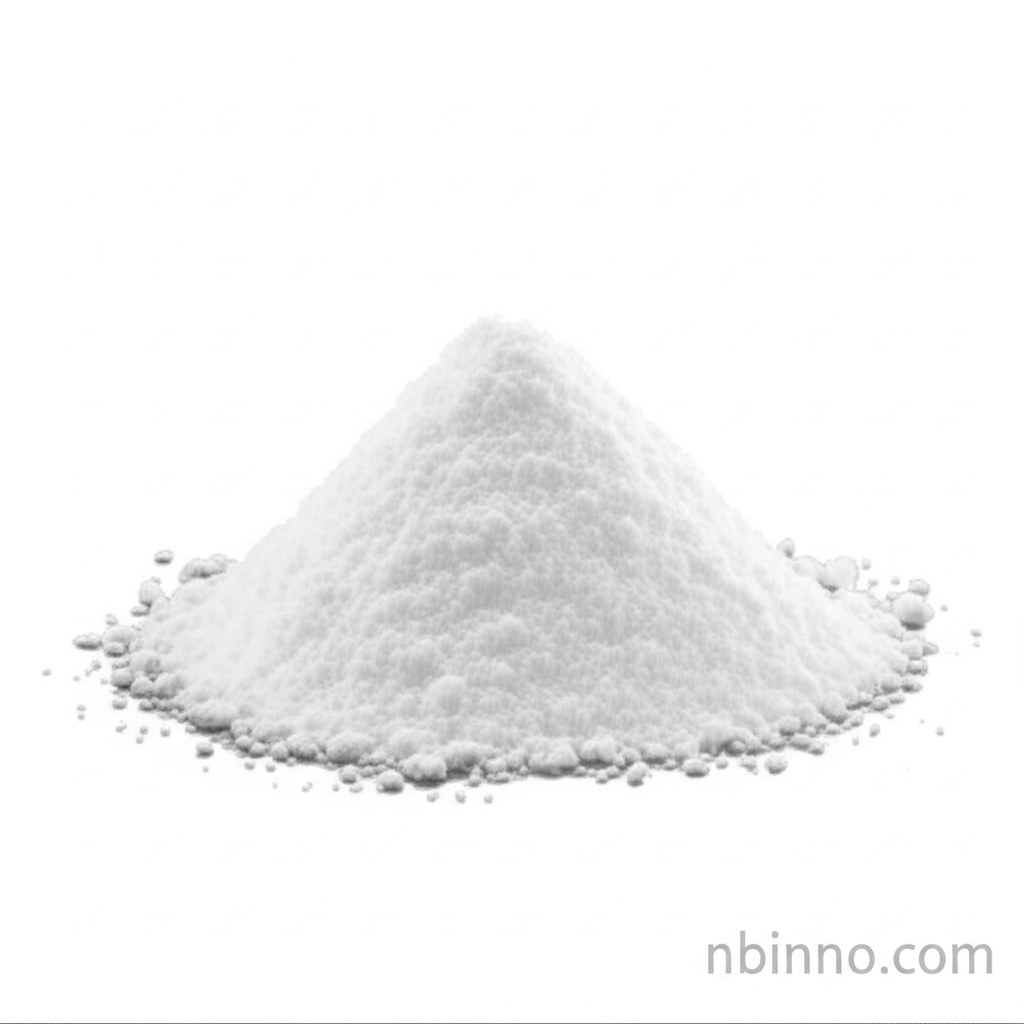High Purity Ethylene Diamine Tetraacetic Acid (EDTA): A Versatile Chelating Agent
Unlock enhanced performance across industries with 99% pure EDTA, the premier chelating agent for demanding applications.
Get a Quote & SampleProduct Core Value

Ethylene Diamine Tetraacetic Acid
Ethylene Diamine Tetraacetic Acid (EDTA) is a high-purity chemical compound with exceptional chelating capabilities, making it indispensable across a multitude of sectors. Its remarkable ability to bind metal ions ensures stability and efficacy in various formulations and processes.
- Discover the diverse uses of EDTA in agriculture, particularly for solubilizing Fe3+ ions in hydroponics, promoting healthy plant growth.
- Learn how EDTA is used as an anticoagulant in blood analysis, preserving blood cell morphology for accurate diagnostic testing.
- Explore the role of EDTA as a chelating agent in water treatment, effectively binding heavy metals and improving water quality.
- Understand the benefits of EDTA in textile applications, preventing metal ion impurities from altering dye colors for vibrant and consistent results.
Key Advantages of EDTA
Exceptional Metal Ion Sequestration
EDTA excels at binding metal ions such as calcium and iron, forming stable complexes that prevent unwanted reactions and enhance product stability, crucial for applications like cosmetic formulation stabilization.
Broad Industrial Applicability
From pulp and paper manufacturing to industrial cleaning solutions, EDTA's versatility makes it a staple ingredient for improving processes and product performance across diverse industries.
Enhanced Efficacy in Formulations
By sequestering metal ions that can catalyze degradation, EDTA improves the shelf-life and effectiveness of pharmaceuticals, cosmetics, and food products, contributing to superior product quality.
Key Applications
Water Treatment
EDTA is vital for water treatment, binding heavy metals and other contaminants to facilitate their removal, thereby ensuring cleaner and safer water for industrial and municipal use.
Agriculture
In agriculture, EDTA enhances nutrient availability to plants by chelating essential metal ions, preventing precipitation and improving fertilizer efficiency for optimal crop yields.
Textile Industry
EDTA serves as a dyeing auxiliary, preventing metal ion impurities from affecting dye colors and ensuring vibrant, consistent coloration in textile products.
Blood Analysis
As a blood anticoagulant, EDTA chelates calcium ions in blood samples, arresting the coagulation process and preserving cellular morphology for accurate laboratory testing.
